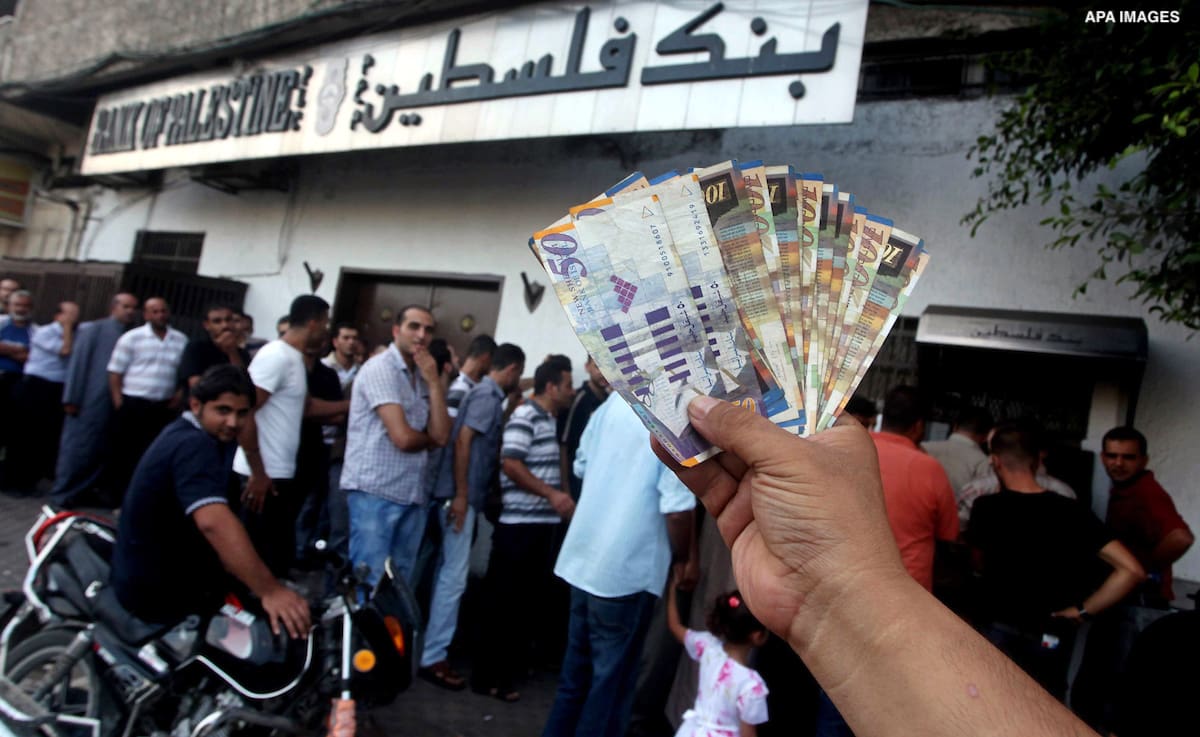On Thursday, June 19, 2025, Israeli Prime Minister Benjamin Netanyahu stood in front of the aftermath of an Iranian strike near Bir al-Saba’ and told journalists: “It really reminds me of the British people during the Blitz. We are going through a Blitz.” The Blitz refers to the sustained bombing campaign carried out by Nazi Germany against the UK, particularly London, between September 1940 and May 1941. With this dramatic comparison, Netanyahu sought to elicit Western sympathy and secure unconditional support for his government’s latest act of military escalation and violation of international law: the unprovoked bombing of Iran. This rhetorical move is far from new; it has become an enduring trope in Israeli political discourse—one that casts Israel as the perennial victim and frames its opponents as modern-day Nazis.
Netanyahu has long harbored ambitions of striking Iran with direct US support, but timing has always been central. This moment, then, should not be viewed merely as opportunistic aggression, but as part of a broader, calculated strategy. His actions are shaped by a convergence of unprecedented impunity, shifting regional dynamics, and deepening domestic political fragility. This commentary examines the latest escalation in that context and discusses the broader political forces driving it.








